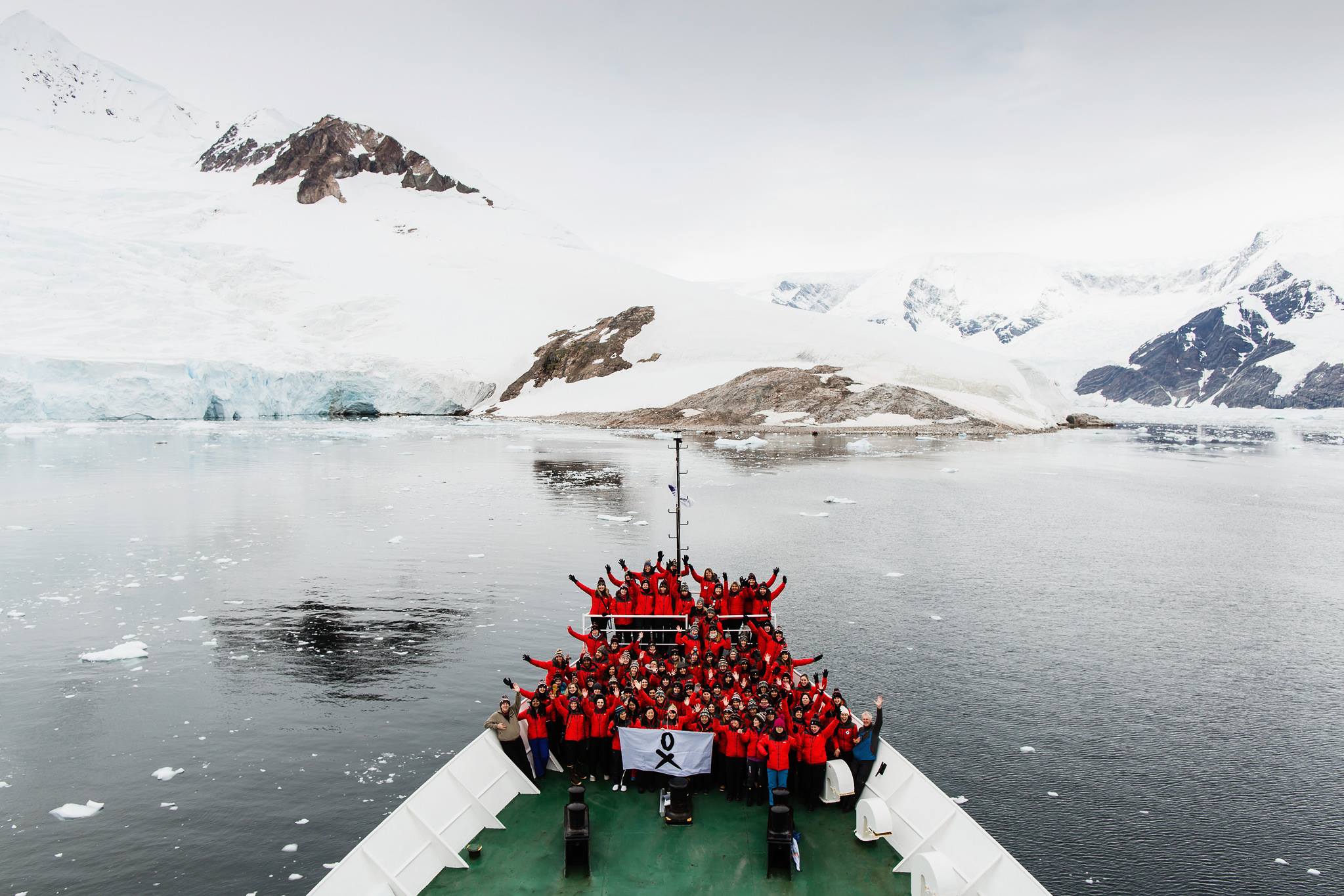Nota del Editor: Para leer la versión original en inglés de esta historia, haga clic aquí.
Alongside many other committed women, I was fortunate to have been part of securing the Paris Agreement in 2015, when governments the world over united in a promise to safeguard our climate by striving to limit global warming to 1.5 degrees Celsius above pre-industrial levels.
The Agreement was an extraordinary multi-national, multi-sector, multi-community collaboration that unfolded across boundaries over many years.
Yet, in the three years since the gavel fell in Paris, global greenhouse gas emissions have risen, as fossil fuels continue to burn unabated. The burning of fossil fuels now represents the greatest risk to children’s health globally because of the toxic air it causes. Heat records have been broken all over the world. Devastating climate impacts are leaving more and more people homeless, without a harvest, or surviving the untimely loss of loved ones. As usual, it is the most vulnerable, in particular women and girls, who are the most affected.
Our atmosphere doesn’t care which countries these emissions are coming from. Every additional ton that goes up is one more ton for her to worry about.
That is why this is such an important time for more women to step up, take on more leadership roles, work multilaterally, and make bold, brave decisions.
Many women have already recognized the unique gravity of this moment. Intrepid female leaders like Greta Thunberg, Jamie Margolin, Isra Hirsi, and Nakabuye Flavia have mobilized hundreds of thousands of young people demanding urgent climate action. Children as young as 10 have been coordinating school strikes around the world in a fearless bid to get their governments to take climate change seriously and deliver on the promises made in Paris. Thousands more will join the school strike on March 15th across the United States.
The activism and collaborative work of these young women from diverse backgrounds is inspiring. And it comes in step with the efforts led by similarly brave women making headway in politics, like Representative Alexandria Ocasio-Cortez, who is championing an ambitious Green New Deal for the U.S. Together, these women have unleashed a new wave of hope: hope that we really can make the timely transformational changes necessary to honor the Paris goals.

(Photo: Melania Guerra/Homeward Bound)
I also felt that sense of determination and hope in spades on a recent journey to Antarctica, where, in the three years since the gavel fell in Paris, a gigantic hole, six miles long and a thousand feet high, has opened up in the Thwaites Glacier. About 14 billion tons of ice has melted away from that hole alone.
As part of a Homeward Bound expedition (led by the visionary Australian woman Fabian Dattner), I spent 21 days in January on a boat with 80 women from the fields of science, technology, engineering, mathematics, and medicine. Together we witnessed the awesome majesty of icebergs and of whales swimming in the ocean. We witnessed the fragility of an entire continent most people will never have a chance to see. We braved gusts of up to 70 knots and 12-meter-high waves. We discussed leadership, the barriers to transformational change, and our role as women in protecting our Earth and the future of humanity. I learned anew and was profoundly moved by how good women are at deep listening, at empathy and collective wisdom gathering, especially in times of transition. These qualities have never been more important or necessary for our species.
I re-learned on my Antarctica trip what I had learned when we were working on the Paris Agreement: We must have absolute clarity on the goal, while having flexibility on the path to achieving it. We have a clear goal set out in the Paris Agreement, recently reinforced by the world’s best climate scientists. And we must redouble our efforts if we are to keep global temperature rise to 1.5 degrees Celsius.
How exactly that happens will play out in multiple ways across countries, cities, businesses, and civil society, and the transformation represents an enormous opportunity for improving health, jobs, energy access, and food security for populations worldwide. This is why women are stepping up now, and why we need even more women to take up the baton. I see in the women I met working on the Paris Agreement, in the women currently leading a new conversation on climate change in the public and political spheres, and in the women I met in Antarctica, an inbuilt, stubborn optimism that will allow us to prevail even when a task can seem insurmountable.
Part of my own stubborn optimism comes from the knowledge that these women are currently making absolutely sure that when someone 10 years from now asks them, “What did you do?” they will not say, “I did the best I could.” Instead they will say: “I did everything that was necessary.” And that is real leadership.

Pacific Standard’s Ideas section is your destination for idea-driven features, voracious culture coverage, sharp opinion, and enlightening conversation. Help us shape our ongoing coverage by responding to a short reader survey.





